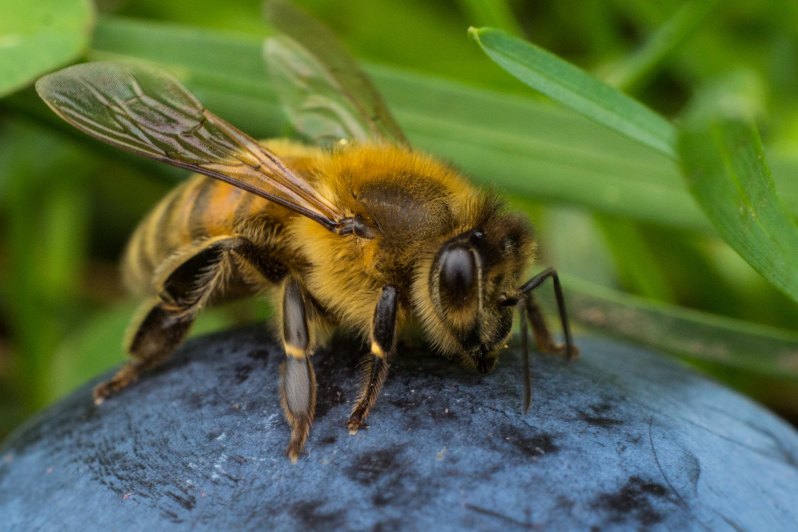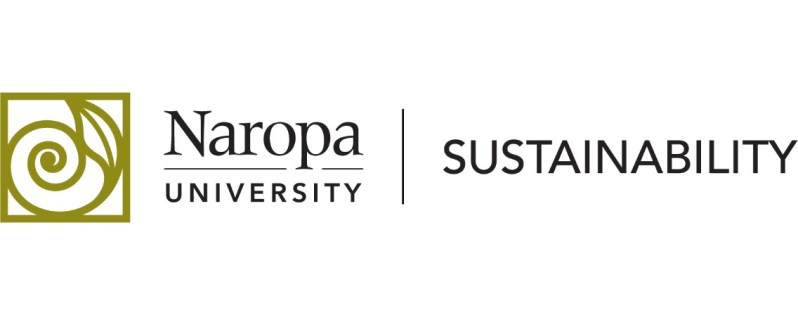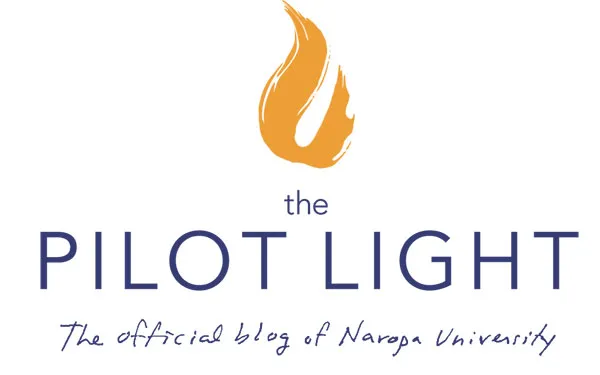
Reflections on the Front-Range Eco-Social Solutions Conference 2019
By Kiah McCarville, Environmental Studies student at Naropa University
Can we save our native bees? Yes, but the answer may surprise you.
At this year’s Front Range Eco-Social Solutions event, CU Professor Danielle Melissa Bilot presented an inspiring and unique way for us to save our native bees, while also greening our cities. Bilot taught us that, while there are only about 10 species of honeybees, there are over 4,000 native bee species in the U.S., including over 900 in Colorado alone. These beloved native bees pollinate at an efficiency rate of 91%. That’s a gargantuan ecosystem service! In addition, most of them nest underground and don’t sting (unless you go digging for trouble). To show our gratitude and save our most precious pollinators, Bilot argues, we should provide year-round, diverse habitat for our native bees. And (get ready) the answer lies in none other than…. our city’s parking lots!
Parking lots comprise of at least 10% of the average city’s land mass, and Boulder is no exception. Professor Bilot told us that, by installing native plants in every city-owned parking lot, alongside some displays of driftwood for wood-nesting species, bees will have “stepping stone” habitats all around the city. This is important because many bee species can only fly approximately three blocks before they must eat. If they can’t find food, the consequence is death. For this reason, she is calling for a shift in our mindset. She asks that we evolve from the question of “If we build the habitat, will they come?” to “If we build the habitat, can they leave?”.
Bilot herself has been guided by this question and has begun her work on parking lots across Boulder (look behind the Dushanbe Teahouse!). She says that these installations benefit the city because native plants are lower maintenance than traditional grassy patches. They are aesthetically pleasing, andthey provide habitat for our local bees. She even suggests adding in some small fruit trees for a dual food benefit because, like the bees, we all love a free snack!



